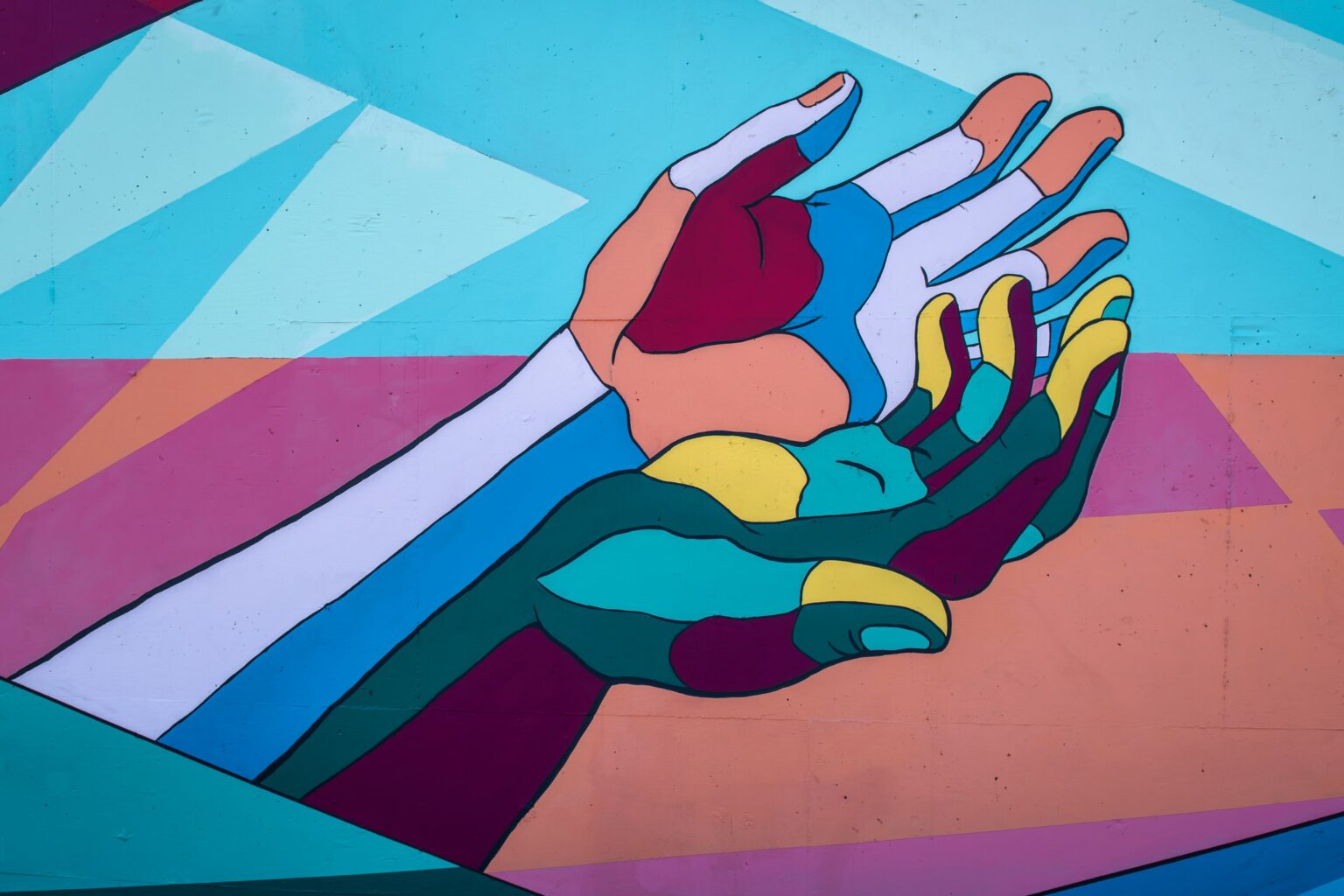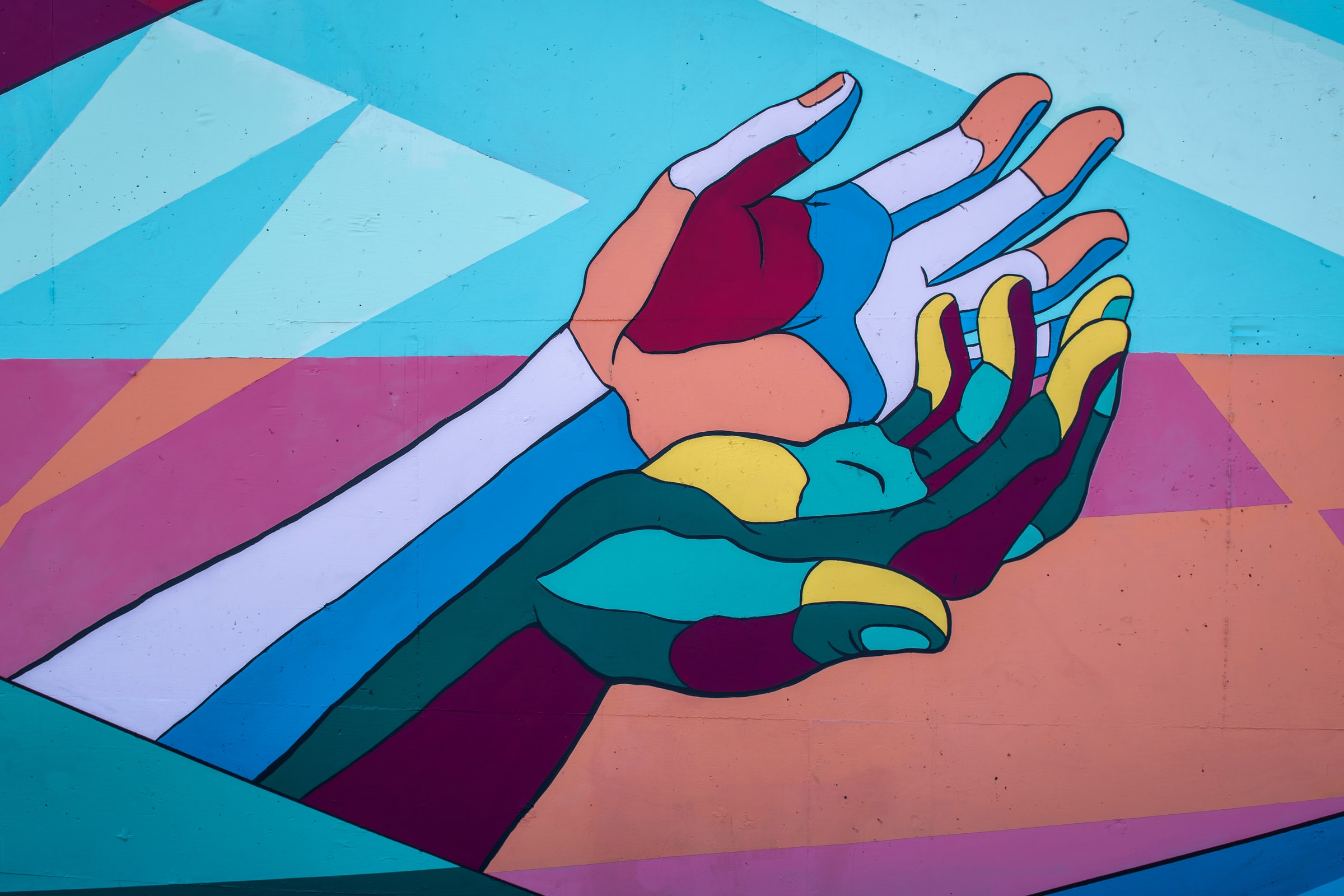Rohma Khan is a third-year student majoring in Near and Middle Eastern civilizations and double minoring in philosophy and diaspora and transnational studies, with pronouns of she/her/hers. She has been an equity officer for UTMUN and Orientation leader for SMC. She is SVEP- (Sexual Violence Education and Prevention), IAR- (Identify, Assist, and Refer) safeTALK, and LivingWorks-certified. Currently a Don!
Let’s Talk Frankly

Being a Don is mostly about making sure students feel safe. It’s simple enough in theory; I attended strategizing workshops for programming, promoting inclusive attitudes, and training in suicide-prevention support. This preliminary, foundational understanding I was introduced to alongside other SMC Dons would be key in forming the safe and welcoming environment we envisioned for all SMC students. Learning the concepts and strategies in training compared to applying them in real life turned out to be quite different. I didn’t really know where to begin.
In trying to apply my training, I found myself pulling on my first-year experience to help re-orient my perspective to the potential concerns of my incoming residents. When I came to reminiscing, I realized their experience would be nothing like mine. My first semester was in person, pre-pandemic. I couldn’t relate to the added stress of living through Covid-19 whilst trying to navigate university for the first time. So I pivoted. Instead, I tried to relate to them through the general feelings of anxiety, panic, burnout, stress, and depression, all the things I felt and even continue to feel while being in school as the world confronts Covid-19.
I remember the fall semester of 2020 well: there was no confirmation of vaccine roll-outs, Toronto was going in and out of different levels of lockdowns, the politically charged American climate was starting to manifest in downtown Toronto on the streets in protests, racial and ethnic discrimination was flourishing, as it continues to today, under the umbrella of the virus, and professors re-instated online live, proctored exams, maybe in an effort to return to some state of normalcy after the previous semester ended abruptly in cancelling all exams. I had never had so many panic attacks in four months as I did that semester. Trying to keep my GPA competitive for law school applications in five courses as I worked every weekend at my part-time job while not being able to be with my support systems because of the pandemic was utterly overwhelming. What was worse was that I had internalized my state of chronic pain and thought it normal. I did not want my residents to ever feel like the situation they were in was normal; that the pandemic was normal, that their feelings of burnout and stress were normal. In fact, I want to throw away the word normal. Pain and suffering, sleep deprivation, panic and stress, malnutrition are terms that have all been so normalized in the discourses surrounding university students that the blemishes this pandemic painted on our mental health have been overlooked by both the structures and systems of academia and even ourselves as its participants. It is not enough for the conversation surrounding mental health to be augmented; it must be carefully crafted to the nuances and particularities of a given situation. It must be recognizable and relatable. It took me some time, but I did realize that feeling so horrible all the time is not right, it is not the way to live my life, it is not the way to experience meaningful education, and it is completely unfair to me.
What implementing this realization looked like for me was to have more patience with myself. Procrastination and the looming stress of deadlines for work that always seemed unfruitful would lead to last-minute stress-induced essays that would not attain the marks I expected of myself. It was a cycle. So, I began to incorporate productive procrastination in which I would allow myself to only procrastinate so long as I was doing something that truly made me happy; this looked like making a lot of chai over the semester in my room and watching a lot of Friends episodes, going for walks on campus, cleaning routinely and deeply, working out, or even dancing in my room. Suddenly, I wanted to get my work done faster because I wanted to feel free of responsibility when doing the things I enjoyed.
Another strategy that may work for some is to be kind to yourself. It is a simple idea that means more than some can stomach. For students who are trying to do four to six courses a semester and are unable to sustain their mental well-being in doing so, try re-evaluating your priorities. Is it imperative you take four courses? Does it have to be in this department that you don’t really enjoy? Does it have to be now when you are not at your best? Does it have to be here? Stress can serve as a motivator, but if you find it getting in the way of your work rather than helping it get done, there is an issue. Ultimately, this may look like lightening your workload. There is not much wiggle room here. You may need your transcript to look a certain way, and I completely sympathize with that, but you must ask yourself: at what cost? You come first. Your mental health comes first. There is no normal path to graduation or to a job. Normal does not exist because everything is susceptible to change, every obstacle you face is malleable. Plans can be re-made, can be achieved later, somewhere else, with someone else, every problem can be combatted with new strategies. There were so many opportunities for growth and experience that I couldn’t even comprehend because my mental state was forcing me to live in a rigid structure where I relived pain; my existence was stagnated. Every day I didn’t take care of myself was another day I was stuck in the cycle of harm. I wasn’t being kind to myself, expecting me to get as much done post-pandemic as I did before. Treating myself as a priority realigned my problems in a way that seemed manageable.
The greatest thing I learned in this time, which I continue to incorporate in my support to SMC students, is that community is everything. What remained steadfast for me this year was the support of the Don team. As a new Don, trying to be the kind of person I needed at my lowest for my residents seemed daunting. However, the Don team was exemplary in the care and encouragement they offered me and the students they supported. I learnt how to implement my training alongside my team as they shared with me the similar concerns they had for the community. Knowing that I was not alone in my troubles was half the battle. Checking in on one another, offering each other advice, solace, and comfort helped ease everyone’s minds in these uncertain times.
It was this key insight that made sense of all my training: I am not a trained psychologist, nor am I trained in counselling; I have no experience in being a certified mental health support of any kind, and yet it doesn’t matter. What I am is support. Just like I needed the support of my team to orient me, another may need support to guide them through their concerns. Referring students to the correct people, whether it is on-campus to the U of T wellness centre, U of T accessibility services, our SMC wellness website, the Registrar, the Assistant Dean’s office, or off-campus resources for immediate support like Good2Talk, is not necessarily always about providing an answer, it is about making sure they know they aren’t alone looking for one.
Read other InsightOut posts.

